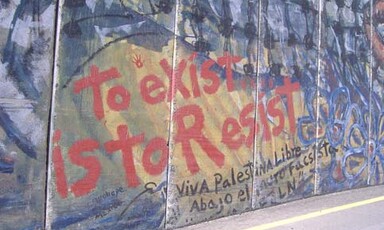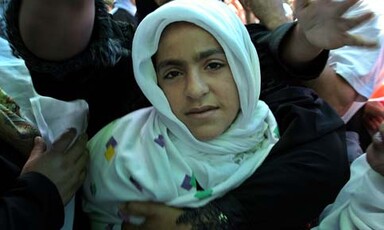Black Eyed Peas: Celebrating South African freedom while normalizing Israeli apartheid
12 June 2006
We are writing you regarding the Black Eyed Peas’ concert in Tel Aviv June 3rd during which you put on a spectacular performance to an effusive Israeli crowd. During the concert, Ms. Ferguson declared that Israel is “one of the most fun places on the planet.” Mr. Adams described the Peas’ time in Israel as “the best five days of our lives.” However, for your Palestinian fans living in the West Bank in Gaza, who are not allowed to travel to Tel Aviv to attend hip-hop shows, life under the thumb of Israeli occupation is anything but fun. Read more about Black Eyed Peas: Celebrating South African freedom while normalizing Israeli apartheid








